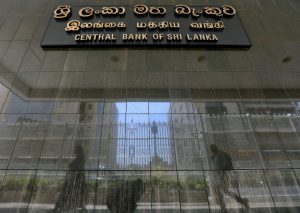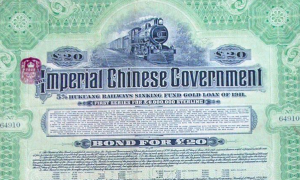The number of Chinese companies “consistently overdue” on commercial paper payments more than doubled in February from a month earlier as the Chinese property sector continued to struggle with a liquidity crisis.
A total of 1,184 companies were overdue on at least three commercial paper payments in the six-month period from September 1, 2021 to February 28, 2022, or had overdue payments in February, according to a list published on the website of the Shanghai Commercial Paper Exchange.
That compared with 562 companies on a list published at the end of January.
The February list included a number of companies related to developer Shimao Group, which on Thursday had its credit rating cut to “CCC” by Fitch Ratings over rising refinancing risks.
It also included companies under Fantasia Holdings Group, which in December secured an extension on a bond maturity, as well as beleaguered developer China Evergrande Group’s electric car business, China Evergrande New Energy Vehicle Group.
Beijing has been stepping up efforts to stabilise and tighten control over its economically critical property sector, which has been roiled by the debt crisis at Evergrande.
Developers Country Garden and Midea Real Estate said late Thursday they had secured separate mergers and acquisition (M&A) financing facilities with China Merchants Bank worth a total 21 billion yuan.
China’s commercial paper market came under renewed scrutiny in 2021 with regulators demanding greater disclosure as part of efforts to rein in ballooning debt in the property sector.
Commercial paper, which is not counted as interest-bearing debt, is commonly used in the property sector as a payable that promises suppliers future payment on a fixed date, usually within one year, but it increasingly became a source of funding for developers locked out of other financing channels.
- Reuters with additional editing by Sean OMeara
ALSO READ:
China’s Country Garden, Midea Secure $3.3bn M&A Funding
Shimao Puts All Projects On Sale as China Property Woes Deepen
Who Will Be The Next Evergrande?
China Property Crisis: More Pain Ahead In The New Year – SCMP
Indian Steel Stocks Down Up To 10pc Amid China Property Crisis
























